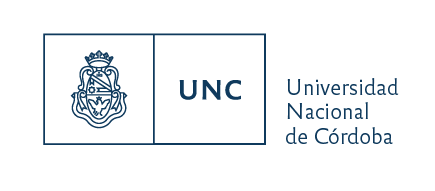| dc.description.abstract | The use of computer simulations in different scientific activities has increased considerably in the last few years. However, philosophical reflection on computer simulations is rather scarce, partly due to the relative novelty of this type of activity, and partly due to complexity of the subject. What aspects should be taken into account, and what perspectives must be adopted for the investigation are among the most important questions to ask when analyzing computer simulations from a philosophical point of view. In the present work, we suggest that an analysis based on exploratory strategies can be used to illuminate and characterize epistemic and methodological aspects of computer simulations. Putting the focus on the exploratory strategies implies adopting a perspective that, albeit it is relevant to the experiments and simulation analysis, is not limited to any of these areas. Exploratory strategies can be found in very diverse scientific practices. Notwithstanding, they can be used to underline relevant philosophical aspects of experimental practices and computer simulation practices alike. In this way, our proposal explicitly surpasses the comparison between experiments and simulations, albeit we are convinced that analyzing exploratory strategies in experiments and simulations helps substantially in the elucidation of their methodological and epistemological roles. The elucidation of the role of the exploratory strategies in computer simulations and experiments would contribute to the philosophy of both activities. Because the relation between computer simulation and experimentation has been understood in a very different way by the philosophical literature, a brief revision of some of the central issues will be needed. In addition, philosophical literature on exploratory experiments presupposes, although it rarely makes it explicit, an exploration notion that we will briefly address in this article. It is important to note that in their original contexts, both discussions have the pretension of drawing limits between simulations and experiments or between exploratory experiments and other experiments. On the contrary, as we repeatedly say in this paper, instead of stipulating limits for each type of practice, we propose to establish a ?topology? of the ways science tests, searches, and explores. We organize our work in the following way. First, we will schematically describe the way in which computer simulations are compared with experiments to establish the differences with the perspective defended in this paper. Second, we will address the distinction between exploratory experiments and other types of experiments. We will analyze exploratory strategies in experiments and simulations with the sole purpose of making our argument clearer; it is also important to keep a certain similarity to the way this matter has been questioned in philosophy. However, in most scientific practices, boundaries are not so clear. More than being a difficulty for the chosen cases, this seems to be the way in which contemporary scientific activity is organized. We think this could be an additional advantage of adopting the perspective of exploratory strategies, because it is neither centered on the distinction between experiment and simulation nor restricted only to experimental practices. | es |





